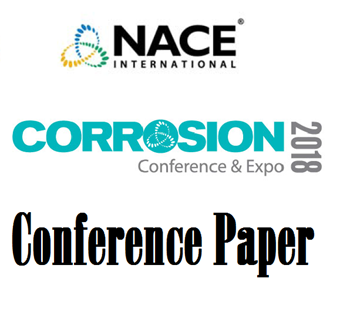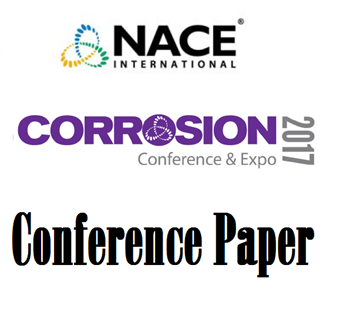This paper reports the applicability of 15% Cr-added (15-6-3-Cu-based; UNS No. S42625) and 17% Cr-added (17-4.5-3-Cu-W-based; UNS No. S42825) martensite-based stainless steel OCTG materials for seawater injection service. It is known that GRP (Glass-fiber Reinforced Plastic) lined carbon steel, 1% Cr-based low alloy steel and CRAs with a PREN (Pitting Resistant Equivalent Number) of over 40, e.g. Super Duplex stainless steels, are likely to be applied as a widely-accepted material selection for seawater injection, while L80-13Cr (13Cr-0.2C-based; UNS No. S42000) and Super-13Cr (generic 13Cr-5Ni-2Mo-based; e.g. UNS No. S41426) have been regarded as unsuitable for seawater injection. The 15% Cr-added and 17% Cr-added martensite-based stainless steels are positioned between Super-13Cr (generic 13Cr-5Ni-2Mo) martensitic stainless steel and duplex stainless steels in corrosion resistance in sweet (CO2-containing) environments, indicating the potential of these stainless steels for application to seawater injection service. These martensite-based stainless steels were evaluated by crevice corrosion tests under combined conditions of dissolved oxygen (D.O.) concentration and temperature in an artificial seawater solution simulating expected and/or over-excessive conditions of seawater injection service. A technique for estimating the D.O. concentration was also developed for higher temperatures than 80 °C (176 °F) to around 100 °C (210 °F), where dissolved oxygen cannot be detected with a membrane-penetration-based D.O. meter due to the instability of the membrane at these temperatures. © 2021 Association for Materials Protection and Performance (AMPP). All rights reserved. No part of this publication may be reproduced,stored in a retrieval system, or transmitted, in any form or by any means (electronic, mechanical, photocopying, recording, or otherwise)without the prior written permission of AMPP.Positions and opinions advanced in this work are those of the author(s) and not necessarily those of AMPP. Responsibility for the contentof the work lies solely with the author(s).1Paper No.16310Association for Materials Protection & Performance
This study proved that 15% Cr-added and 17% Cr-added martensite-based stainless steels are free from crevice corrosion under most of the tested conditions within temperatures from 30 °C (86 °F) to 93 °C (200 °F) and D.O. levels of 35 ppb to 300 ppb., and those steels with PREN values in the 20s have the potential for application to seawater injection service, through corrosion test in static artificial seawater.
Key words: Seawater injection, Martensite-based stainless steel OCTG material, Dissolved oxygen, 15% Cr-added stainless steel, 17% Cr-added stainless steel, Crevice corrosion




